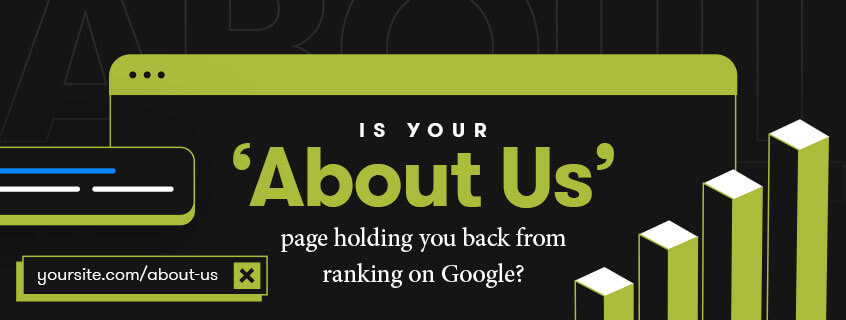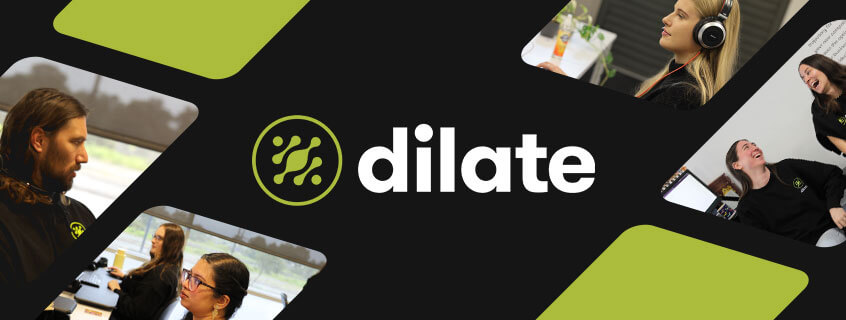

When it comes to SEO, knowing what to focus on can be tricky. There’s a lot you could be doing, and not all of it is going to move the needle in a meaningful way.
It’s easy to think that an ‘About Us’ page isn’t useful. You’re rarely going to be using one as a landing page for organic or paid traffic, so it doesn’t make a whole lot of sense to spend time on it. But a properly written and built ‘about us’ page might be far more important than you realise.

Here at Dilate, we know a thing or two about challenging the status quo, and communicating our brand values and celebrating the team has been an important part of the journey. Don’t take your ‘about us’ page for granted. If you want some help getting it sorted, reach out and let’s talk!
what our clients are saying
create business. better everyday.
Let's Talklearn from the best minds in the business
Bodie provides some insight into Dilate's internal operations. How we approach what we do, and how we strive to be Better Everyday.

"*" indicates required fields


